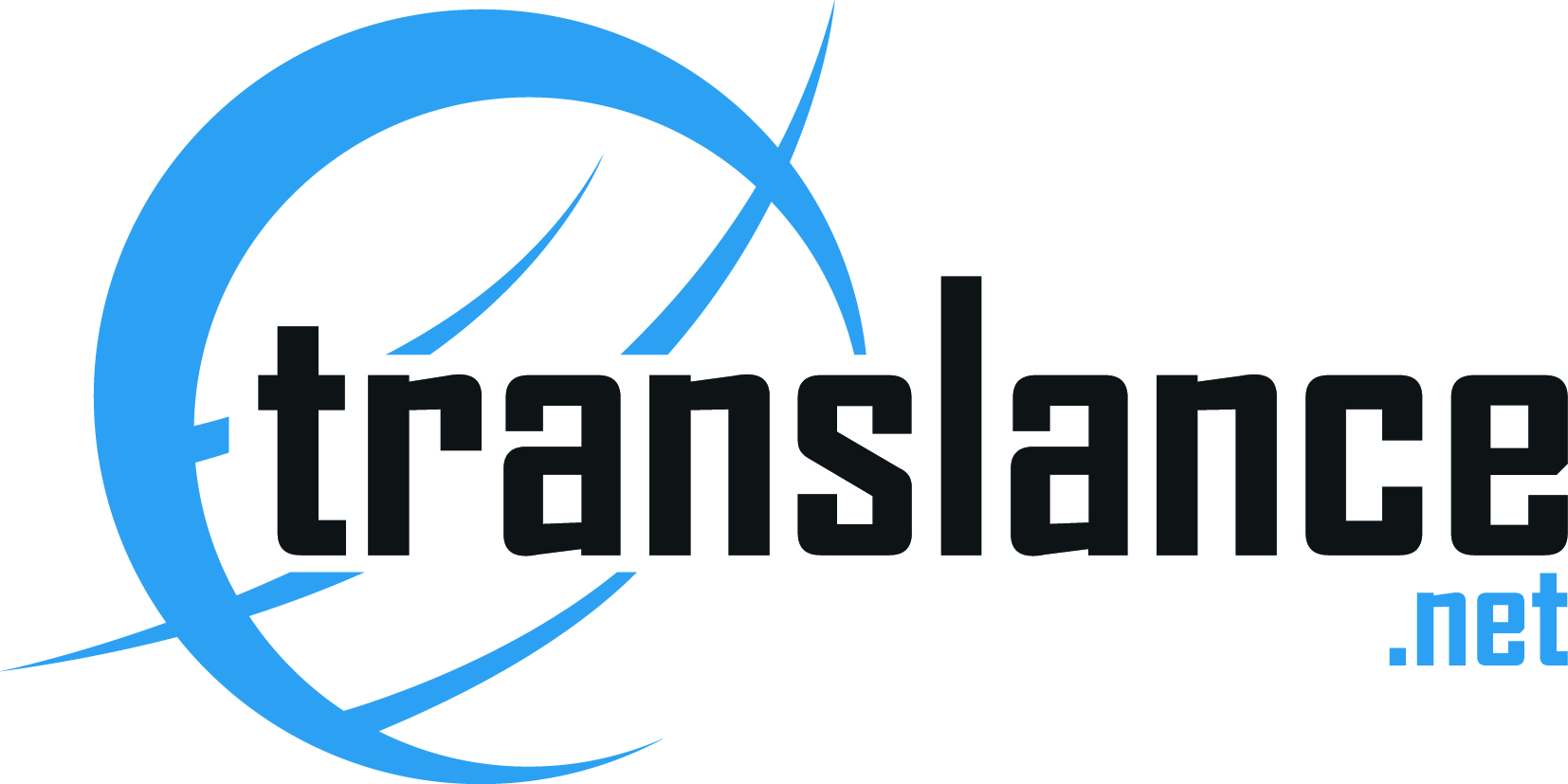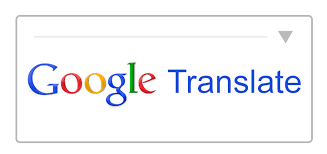Android version
Google Translate is accessible as a free downloadable application for Android OS clients. The main rendition was propelled in January 2010. It works basically like the program form. Google Translate for Android contains two principle choices: "SMS interpretation" and "History".
The application underpins 90 dialects and voice contribution for 15 languages.[16] It is accessible for gadgets running Android 2.1 or more and can be downloaded via hunting down "Google Translate" in Google Play. It was first discharged in January 2010, with an enhanced variant accessible on January 12, 2011.[17]
In August 2008, Google propelled a Google Translate HTML5 web application for iOS for iPhone and iPod Touch clients, and the iOS application was discharged on February 8, 2011. The present Google Translate application is perfect with iPhone, iPad, and iPod Touch refreshed to iOS 7.0+.[18] It acknowledges voice contribution for 15 dialects and permits interpretation of a word or expression into one of more than 50 dialects. Interpretations can be stood up noisy in 23 diverse languages.[19]
Programming interface
On May 26, 2011, Google reported that the Google Translate API for programming designers had been expostulated and would stop working on December 1, 2011, "because of the significant financial weight caused by broad abuse."[20][21] Because the API was utilized as a part of various outsider sites, this choice drove a few engineers to reprimand Google and question the suitability of utilizing Google APIs in their products.[22][23] in light of open weight, Google declared on June 3, 2011, that the API would keep on being accessible as a paid service.[20][24]
Google Translate does not have any significant bearing linguistic principles, since its calculations depend on measurable examination instead of customary lead based investigation. The framework's unique maker, Franz Josef Och, has reprimanded the viability of manage based calculations for measurable approaches.[43] It depends on a technique called factual machine interpretation, and all the more particularly, on inquire about by Och who won the DARPA challenge for speed machine interpretation in 2003. Och was the leader of Google's machine interpretation gather until leaving to join Human Longevity, Inc. in July 2014.[44]
The accompanying dialects don't have an immediate Google interpretation to or from English. These dialects are interpreted through the demonstrated transitional dialect (which as a rule is firmly identified with the coveted dialect yet more broadly talked) notwithstanding through English:[citation needed]
As indicated by Och, a strong base for building up a usable factual machine interpretation framework for another match of dialects starting with no outside help would comprise of a bilingual content corpus (or parallel gathering) of more than 150-200 million words, and two monolingual corpora each of more than a billion words.[43] Statistical models from these information are then used to decipher between those dialects.
To gain this tremendous measure of semantic information, Google utilized United Nations documents.[49] The UN commonly distributes reports in each of the six authority UN dialects, which has delivered a huge 6-dialect corpus.
Google delegates have been included with household meetings in Japan where Google has requested bilingual information from researchers.[50]
At the point when Google Translate creates an interpretation, it searches for designs in a huge number of reports to help settle on the best interpretation. By distinguishing designs in archives that have just been deciphered by human interpreters, Google Translate makes smart speculations (AI) with reference to what a proper interpretation ought to be.[4]
Before October 2007, for dialects other than Arabic, Chinese and Russian, Google Translate depended on SYSTRAN, a product motor which is as yet utilized by a few other online interpretation administrations, for example, Yahoo! Babel Fish (now old). Since October 2007, Google Translate has utilized exclusive, in-house innovation in light of factual machine interpretation instead.[51][52]
Constraints
Google Translate, as other programmed interpretation apparatuses, has its restrictions. As far as possible the quantity of sections and the scope of specialized terms that can be deciphered, and keeping in mind that it can enable the peruser to comprehend the general substance of an outside dialect content, it doesn't generally convey exact interpretations, and most circumstances it tends to rehash verbatim a similar word it's required to decipher. Syntactically, for instance, Google Translate battles to separate amongst flawed and idealize tenses in Romance dialects so constant and ceaseless acts in the past regularly end up plainly single recorded occasions. Albeit apparently punctilious, this can regularly lead wrong outcomes (to a local speaker of for instance French and Spanish) which would have been maintained a strategic distance from by a human interpreter. Information of the subjunctive temperament is practically non-existent.[53] Moreover, the casual second individual (tu) is regularly picked, whatever the unique situation or acknowledged usage.[54] Since its English reference material contains just "you" frames, it is hard to convert into a dialect which has more.
A few dialects create preferred outcomes over others. Google Translate performs well particularly when English is the objective dialect and the source dialect is from the European Union because of the noticeable quality of deciphered EU parliament notes. A 2010 examination demonstrated that French to English interpretation is moderately accurate,[55] and 2011 and 2012 investigations demonstrated that Italian to English interpretation is generally exact as well.[56][57] However, in the event that the source content is shorter, run based machine interpretations frequently perform better; this impact is especially clear in Chinese to English interpretations. While alters of interpretations might be submitted, in Chinese particularly one is not ready to alter sentences all in all. Rather, one must alter once in a while self-assertive arrangements of characters, prompting off base edits.[55]
Writings written in the Greek, Devanagari, Cyrillic and Arabic contents can be transliterated consequently from phonetic counterparts written in the Latin letter set. The program form of Google Translate gives the read phonetically choice to Japanese to English change. A similar alternative is not accessible on the paid API variant.
Complement of English that the "content to-discourse" sound of Google Translate of every nation employments
A significant number of the more well known dialects have a "content to-discourse" sound capacity that can read back a content in that dialect, up to a couple of dozen words or something like that. On account of pluricentric dialects, the complement relies upon the area: for English, in the Americas, the vast majority of the Asia-Pacific and West Asia the sound uses a female General American intonation, though in Europe, Hong Kong, Malaysia, Singapore, Guyana and every single other piece of the world a female British English pronunciation is utilized, with the exception of an extraordinary Oceania emphasize utilized as a part of Australia, New Zealand and Norfolk Island; for Spanish, in the Americas a Latin American Spanish articulation is utilized, while in alternate parts of the world a Castilian Spanish inflection is utilized; Portuguese uses a São Paulo highlight on the planet, aside from Portugal, where their local emphasize is utilized. Some less broadly talked dialects utilize the open-source eSpeak synthesizer for their discourse; delivering an automated, unbalanced voice that might be hard to get it.
Not long after propelling the interpretation benefit, Google won a global rivalry for English– Arabic and English– Chinese machine translation.[59]
Interpretation missteps and peculiarities
Since Google Translate utilizes factual coordinating to decipher, interpreted content can frequently incorporate evidently irrational and clear errors,[60] regularly swapping basic terms for comparable yet nonequivalent basic terms in the other language,[61] and also upsetting sentence meaning.[62]
Decipher Community
Decipher Community is a stage that is expected to enhance Google Translate benefit. Volunteers can choose up to five dialects to help in better interpretation. Clients can check deciphered expressions and interpret states in their dialects to and from English, enhancing the precision of interpreting more uncommon and complex phrases.[63]
13
Feb
 English
English Persian
Persian

